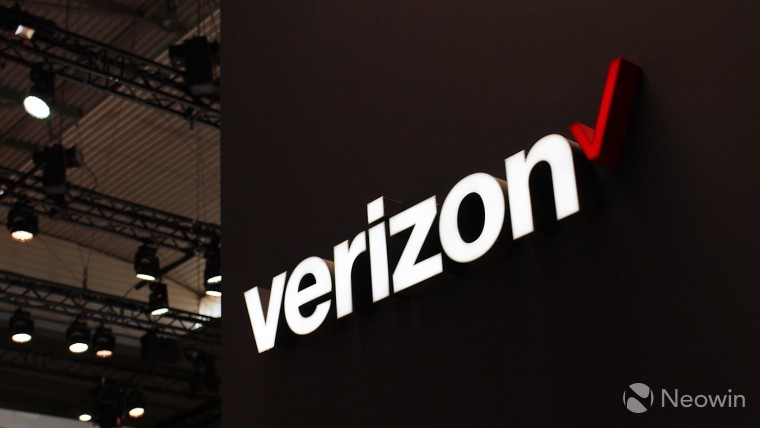The Santa Clara County Fire Department in California was forced to shell out twice the regular amount it normally pays simply to get Verizon to stop throttling the speeds on its supposedly "unlimited" data plan. This was right in the middle of the department's response to a wildfire, said department chief Anthony Bowden, in an official declaration.

The throttling impacted the OES 5262, a fire department vehicle that serves as a mobile command and control center of sorts in order to "track, organize, and prioritize routing of resources from around the state and country to the sites where they are most needed", per Bowden. It's also been central to coordinating resources deployed by the local government to the ongoing Mendocino Complex Fire, the largest in California history.
Bowden said that Verizon was throttling the OES 5262's speeds to less than 1/200th of the original speeds, interfering with its "ability to function effectively". His IT staff requested Verizon to lift the caps immediately for "public safety purposes". Not only did Verizon refuse to lift the cap it had placed on the internet speeds on an unlimited data plan, it tried to convince the department that switching to a different, more expensive one was its only viable solution.
The department was consequently forced to use other government agencies' internet service providers in order to ensure that OES 5262 functioned normally. Bowden says that Verizon's actions set a worrying precedent because this wasn't even the first time the company did so. Emails show that similar throttling issues affected the department's functioning in December and June.
"In light of our experience, County Fire believes it is likely that Verizon will continue to use the exigent nature of public safety emergencies and catastrophic events to coerce public agencies into higher-cost plans, ultimately paying significantly more for mission-critical service—even if that means risking harm to public safety during negotiations."
In a statement to Ars Technica, Verizon justified its actions by shifting the blame onto its customer support services, citing that the company has always lifted its data speed caps in cases of emergency and that this entire incident was simply a one-off. The company also admitted that the plan the fire department had purchased wasn't unlimited, and would begin throttling speeds upon using a certain quantity of data, but it had miscommunicated the terms of the plan.
The Mendocino fire began on July 27th, and two days later, Stockman noted to Bowden that OES 5262's speeds were once again being throttled. The department's IT staff wrote to Verizon again, pleading to work with them on the matter of throttling.
A similar exchange occurred between the two parties on July 5th and 6th, upon which the fire department finally conceded, and was forced to upgrade to the $99.99 plan for the first 20GB of data - over twice the amount they were paying till now - and $8 per GB after that cap was reached.
Service providers in the U.S. have always been able to throttle mobile data after a data cap is reached, even when more robust net neutrality rules were in place. The FCC's recent deregulation of the broadband industry has, however, crippled consumers' ability to file lawsuits against them. Moreover, internet users can no longer complain to the FCC about such malpractices.
The above reports have been compiled and submitted as addendum evidence in a lawsuit filed by 22 state attorneys general, the District of Columbia, Santa Clara County, Santa Clara County Central Fire Protection District, and the California Public Utilities Commission. This lawsuit aims to restore federal-level net neutrality rules.
Source: Ars Technica

















21 Comments - Add comment